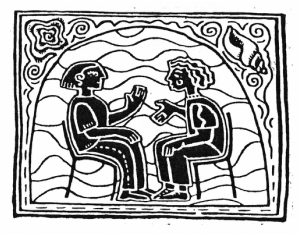|
Is there a difference between counselling and psychotherapy? The terms 'counselling' and 'psychotherapy' are nowadays often used interchangeably and both refer to 'talking therapies', the best-known 'brand-name' perhaps being Cognitive-Behavioural Therapy (CBT). Whilst some well-founded approaches make clear differentiations, others do not and in the UK there has never been a generally accepted distinction between the two. Perhaps what matters most is that practitioners are adequately trained and equipped to listen to and understand people's varied experiences and difficulties and to help them find their own paths to more satisfying ways of living. In some contexts the term 'counsellor' is used whilst in others the term 'psychotherapist' is preferred. Whether someone is called a counsellor or a psychotherapist, or both, they should be able to work with clients on a wide range of issues, for short-term or longer-term work, as needed. Person-centred and Experiential approaches generally eschew both terms and describe the work simply as 'therapy'. I use all three terms interchangeably, recognising that each by itself can describe diverse trainings, theories, and practices. |
'The curious paradox is that when I accept myself just as I am, then I can change.' Carl Rogers |

